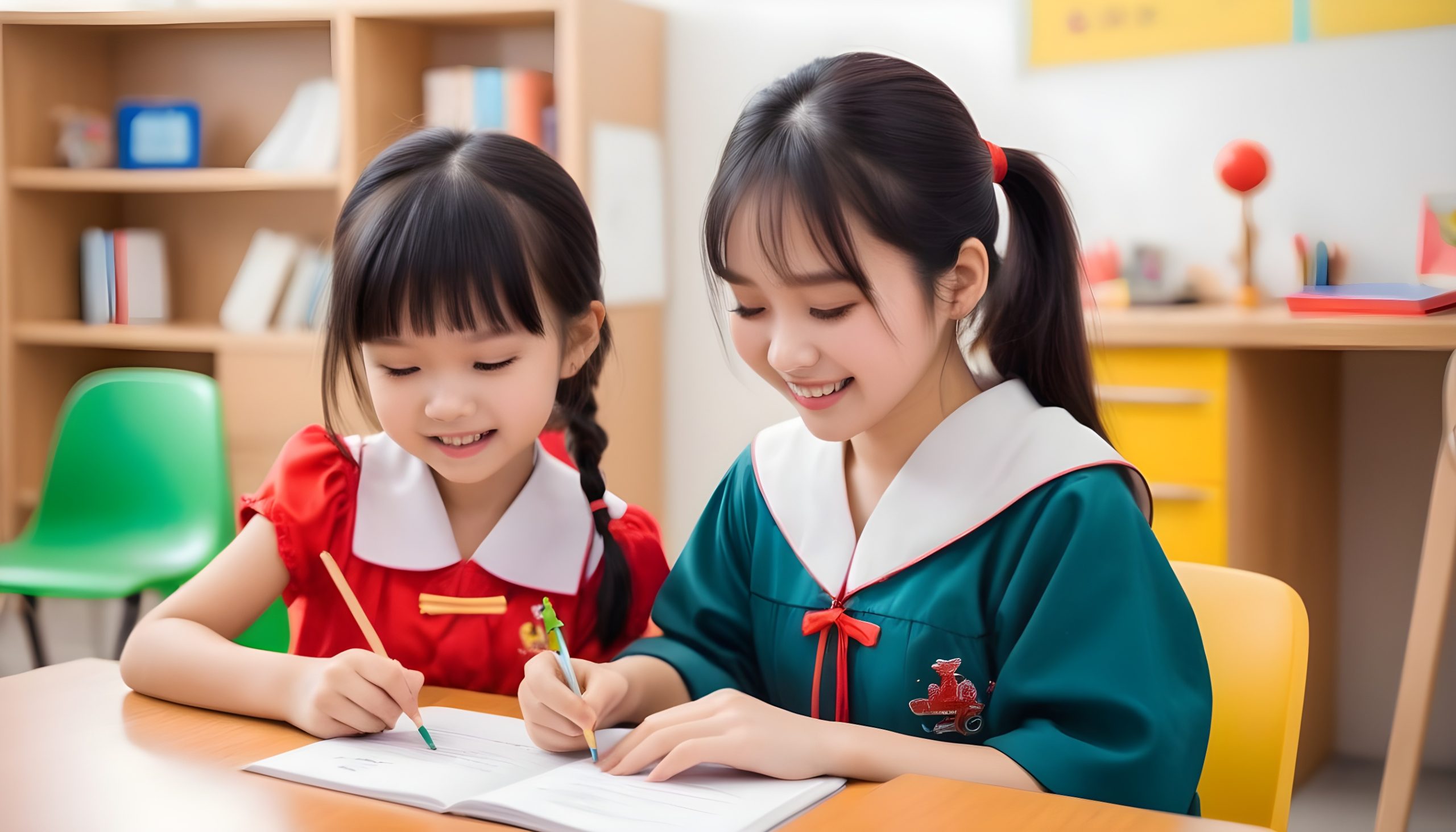Introduction
The landscape of early childhood education in Malaysia is continuously evolving to meet the changing needs of young learners in a dynamic world. This article explores innovative trends shaping ECE courses, highlighting advancements that enhance learning experiences and prepare educators for the challenges of the future.
Incorporating Technology in ECE Courses
As technology becomes increasingly integrated into daily life, ECE courses in Malaysia are leveraging digital tools and resources to enrich the learning environment. Digital learning platforms offer opportunities for online learning and virtual classrooms, providing flexibility and accessibility to students. While the benefits of digital learning are evident, challenges such as digital literacy barriers and screen time concerns require careful consideration in ECE curriculum development.
Digital Learning Platforms
Online learning platforms and virtual classrooms revolutionize the way ECE courses are delivered, offering interactive and engaging experiences for students. However, ensuring equitable access to technology and addressing digital divides remain critical considerations in the implementation of digital learning initiatives.
Focus on Inclusive Education
Inclusive education practices are at the forefront of ECE courses in Malaysia, aiming to accommodate the diverse learning needs of every child. Strategies such as differentiated instruction and universal learning design promote access and participation for all learners, regardless of abilities or backgrounds.
Inclusive Classroom Strategies
Differentiated instruction techniques allow educators to tailor teaching methods to meet individual learning styles and preferences. Universal design for learning principles focus on creating learning environments that are accessible and adaptable to diverse needs, fostering a culture of inclusivity and equity in ECE settings.

Environmental Sustainability Education
Recognizing the importance of environmental education, ECE courses in Malaysia incorporate sustainability and nature-based learning into their curriculum. Eco-friendly practices such as incorporating nature-based activities and teaching children about conservation instill a sense of environmental stewardship from a young age.
Eco-friendly Practices
Nature-based activities immerse children in hands-on learning experiences that foster an appreciation for the natural world. Teaching children about conservation and environmental sustainability empowers them to become responsible global citizens who care for the planet and its resources.
Multicultural Education and Global Perspectives
In an increasingly interconnected world, multicultural education and global perspectives are integral components of ECE courses in Malaysia. Courses that celebrate cultural diversity and promote intercultural understanding equip educators with the knowledge and skills to create inclusive learning environments.
Intercultural Competence
Strategies for promoting intercultural understanding among young children include incorporating diverse literature, music, and traditions into the curriculum. Celebrating cultural diversity in the classroom fosters empathy, respect, and appreciation for different cultures and perspectives.
Conclusion
Innovative trends in early childhood education courses in Malaysia reflect a commitment to quality education that meets the diverse needs of young learners. By embracing advancements in technology, inclusive education practices, environmental sustainability education, and multicultural education, ECE courses prepare educators to navigate the complexities of the modern world. Staying updated with emerging practices is essential for ensuring the delivery of high-quality ECE education that nurtures the holistic development of every child.


